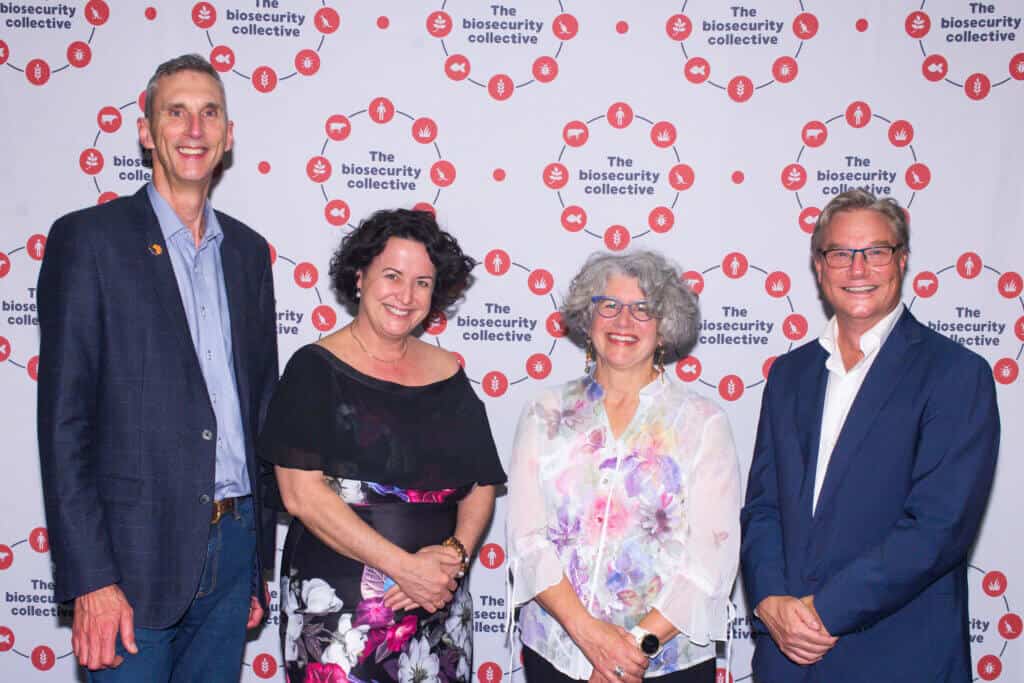In the leadup to the federal budget a new report from Frontier Economics has highlighted the range of funding measures the Australian government could deploy to strengthen the nation’s biosecurity system and meet its election commitment for sustainable funding.
‘Australia’s biosecurity system contributes $314 billion to the national economy and is critical to safeguarding our way of life and natural environment, yet is struggling to keep up with the growing number of people and goods coming into the country,’ said Invasive Species Council CEO Andrew Cox.
‘Whilst investment from the federal budget provides a crucial foundation, we know that long-term funding security requires new and innovative approaches.
‘This funding isn’t just about ensuring we have strong border quarantine and detector dogs, but we properly fund the preparations and long-term responses to major biosecurity threats.
‘There are too many free riders in the system. Importers of goods are not paying for the massive damage they cause through inadvertently bringing harmful pests, weeds and diseases into Australia.
‘Environmental biosecurity doesn’t receive the attention it deserves, especially in the face of major budget constraints and livestock diseases on our doorstep. Sustainable funding presents an opportunity to strengthen our national system and lock-in a dedicated environmental biosecurity funding stream.
‘This new analysis presents clear contenders that would strengthen the funding of our biosecurity system such as reforming the self-assessed clearance, implementing a container levy and enhancing inter-agency cost-recovery.
‘Australia’s biosecurity system is too important to become trapped within yearly federal government budget negotiations.
‘In 2019 the previous government included a container levy in two budgets, a measure that would have raised about $110m per year, growing as trade volume increased, but ultimately it was abandoned with COVID’s arrival,’ said Mr Cox.
Frontier Economics assessed a range of biosecurity funding measures individually against well-established taxation and funding principles, including efficiency, equity and adequacy.
‘Frontier Economics recommends that, as a priority, those who create biosecurity risks should fund its management. There is also justification for charging those who benefit from the protections the Australian government provides,’ said Frontier Economics Managing Director Danny Price.
‘In cases where it is not possible or too costly to identify those that create biosecurity risks or benefit from biosecurity management, then there is a role for funding biosecurity through government’s consolidated revenue.
‘We often talk about biosecurity being a shared responsibility so it is only right for those sectors creating risk to share the costs,’ said Mr Cox.
‘Unless we see action to better and more sustainably resource our biosecurity system, we will see more delays of imported goods and more incursions of potentially harmful plants, animals and diseases.
‘In delivering its election commitment for sustainable biosecurity funding, the Albanese government must consider all available funding pathways to resource the biosecurity system, with urgent focus needed on properly resourcing environmental biosecurity,’ said Mr Cox.









